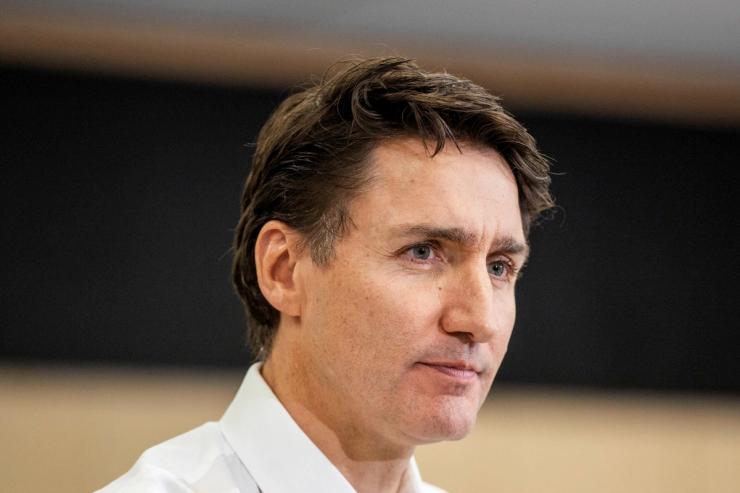The News
Canada is in a moment of political upheaval: Finance minister Chrystia Freeland Monday resignation capped a growing concern that Liberal Prime Minister Justin Trudeau has lost grip on the country’s finances and direction just as Ottawa braces for potentially crippling trade tariffs threatened by US President-elect Donald Trump.
A growing number of lawmakers are calling on Trudeau to resign: Many agree with Freeland the country cannot afford his fiscal plans, and critics argue they are last-minute political gambit to gain voter support.
Trudeau’s unpopularity has propelled his Conservative opposition higher in voters’ regards: A new Ipsos poll found Conservative leader Pierre Poilievre is the preferred choice to handle Trump. Others question whether Canada should continue fostering its massive trade reliance on the United States at all.
SIGNALS
Freeland’s resignation lands biggest political blow to Trudeau yet
Freeland was integral to Justin Trudeau’s government and instrumental in Canada’s post-pandemic recovery. Her loss means “it will be very hard for the prime minister to put the pieces back together again,” CBC wrote. Widely seen as Trudeau’s potential successor and closest ally, her scathing resignation latter — coupled with the recent resignations of several other cabinet members — suggests “a strange dichotomy with a prime minister who is otherwise able and willing to deal with the public.” After Freeland quit, Trudeau seemed to acknowledge he could soon lose his party’s support and is considering potential replacements as party leaders, CTV News reported.
Conservative leader builds momentum following Trump win
While Justin Trudeau had hoped to frame himself as the progressive foil to Donald Trump, his Conservative opposition has gained significant ground since the Republicans’ US presidency win. An Ispos poll found that some 44% of Canadians see the Conservatives as the better choice to deal with Trump, while 21% said they saw the Liberals as most adept. “It seems like everything that the federal government does under the leadership of Justin Trudeau is almost like throwing gasoline on a fire,” Ispos’ CEO said. The effect of Trump, however, may also force Conservative leader Pierre Poiliviere to recognize that “he’s no longer in control of the narrative” against Trudeau, since it is Trump who now defines the anti-Trudeau movement, The Globe and Mail wrote.
Ottawa should look beyond US for economic future
More than 70% of Canada’s exports go to the US, and Trump’s tariff threats highlight “the vulnerability that comes with [such heavy reliance],” economist Eric Chi wrote for The Conversation. To protect Canadians’ interests, Ottawa must “lay the groundwork for a more resilient and diversified economy,” he argued, chiefly by diversifying trade to emerging markets. Canada is positioned to benefit from emerging markets because of its plentiful natural resources, a high-skilled and educated workforce, and strong democratic institutions. Still, diversification is “easier said than done,” Chi wrote, and Canada’s economic survival requires prioritizing mitigating Trump’s tariffs before diversification.



